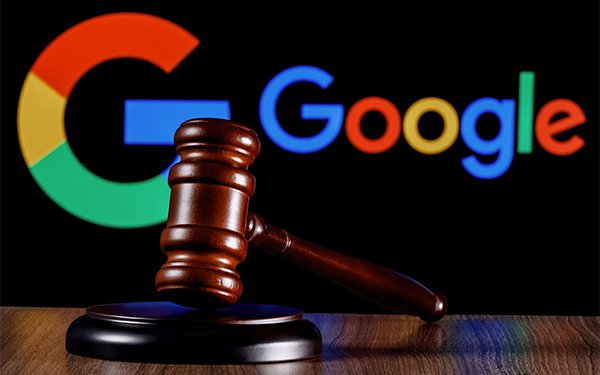
Sharing search data will give all artificial intelligence (AI)
companies the information needed to build a competitor, and stripping Google from Apple will enable Apple to finally launch the search engine that is long overdue, Vic Drabicky, founder and CEO
at January Digital, an early-stage investment company, wrote in a LinkedIn post.
Taking an optimistic view, the ruling could lead "to true competition for Google, which should push the market
into building a better solution" but the pessimistic view is that it will not change a thing.
Drabicky wrote that the dreamers might think it's "Bing's time to shine."
While
Google does not need to share advertising data, it does need to share some data about users' searches with "Qualified Competitors."
"The problem with a remedy that involves Google sharing data
with competitors is the most valuable data Google has — the search and prompting habits of billions of individuals — is also the most sensitive and vulnerable to abuse," Gartner
Distinguished Vice President Analyst Andrew Frank said. "Google and its new overseers will need to carefully balance security with fueling innovation, but the likelihood is that Google will retain a
significant advantage from data it's unlikely to be compelled to share."
advertisement
advertisement
Data became the tipping point in U.S. District Judge Amit P. Mehta's order. The ruling differentiates
between search and ad data, and does not require Google to share specific ad data -- an important distinction because another ongoing antitrust case specifically targets Google's ad business.
U.S. Judge Leonie Brinkema in April 2025 ruled that Google had used anticompetitive practices to dominate the ad-tech market. Remedies in that case are still being determined, and hearings are
scheduled to discuss potential divestitures of Google's ad-tech products.
The judge required six years of oversight by a technical committee that will monitor compliance, as well as the
data-sharing aspect of the ruling with companies that want to compete in the search market. It also now requires Google to publicly disclose material changes to its advertising auctions.
Ad industry insiders were openly disappointed at most of Judge Mehta's rulings on remedies for Google's antitrust violations released Tuesday -- ordering the company to end exclusive search
distribution deals and share specific search data with rivals, but rejecting other factors like the Department of Justice's demand to sell its Chrome browser.
Mozilla CEO Laura Chambers
said it is encouraging that the court recognizes the risk of “unintended consequences when trying to improve search competition — and not just for browsers like Firefox, but for the
future of the open web.”
Udayan Bose, NetElixir founder, in an email to MediaPost called the ruling anticlimactic for all those across the industry who believed that this time, a wrong
would be righted. “For nearly five years, this case was positioned as the big moment when Google’s monopoly grip on search would be reined in,” Bose wrote. “Instead, the
Court delivered remedies that sound meaningful in theory but, on closer look, doesn’t really change the power equation.”
He called most remedies “narrowed” and
“watered down," and said Google will walk away largely unscathed by avoiding divestitures, among other things.
Apple, Samsung, and carriers cannot sign exclusive default deals, but the
data-sharing obligation excludes advertising data.
“Advertisers didn’t regain 'exact match' bidding or granular query-level reporting - just a promise of more transparency in
auction changes,” Bose wrote. “Publishers, who arguably are hit hardest by AI-driven ‘zero-click’ answers, were left out entirely. And the call for structural relief breaking
up Chrome or Android was flatly rejected.”